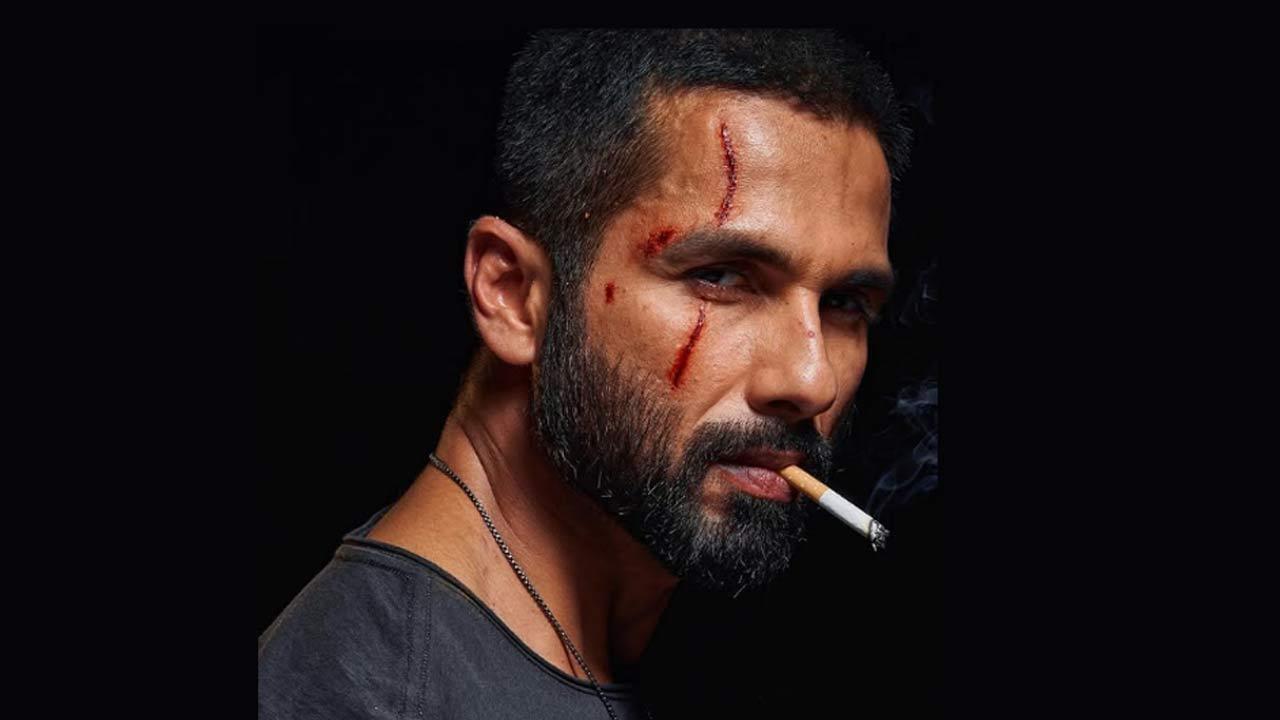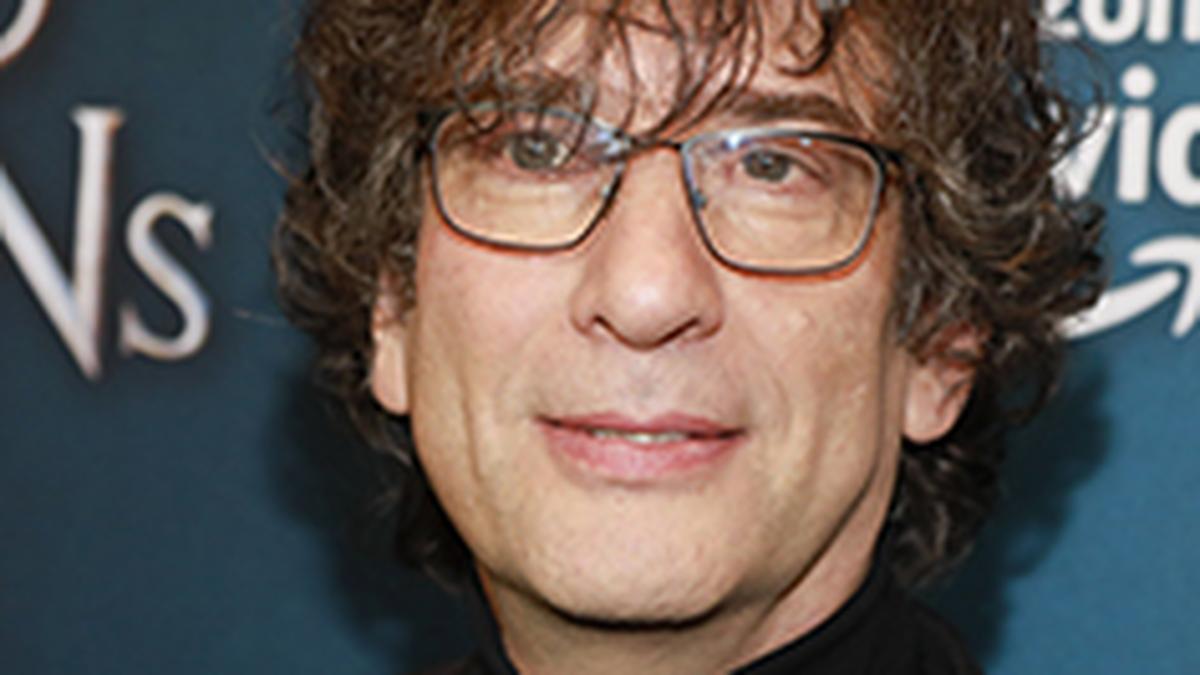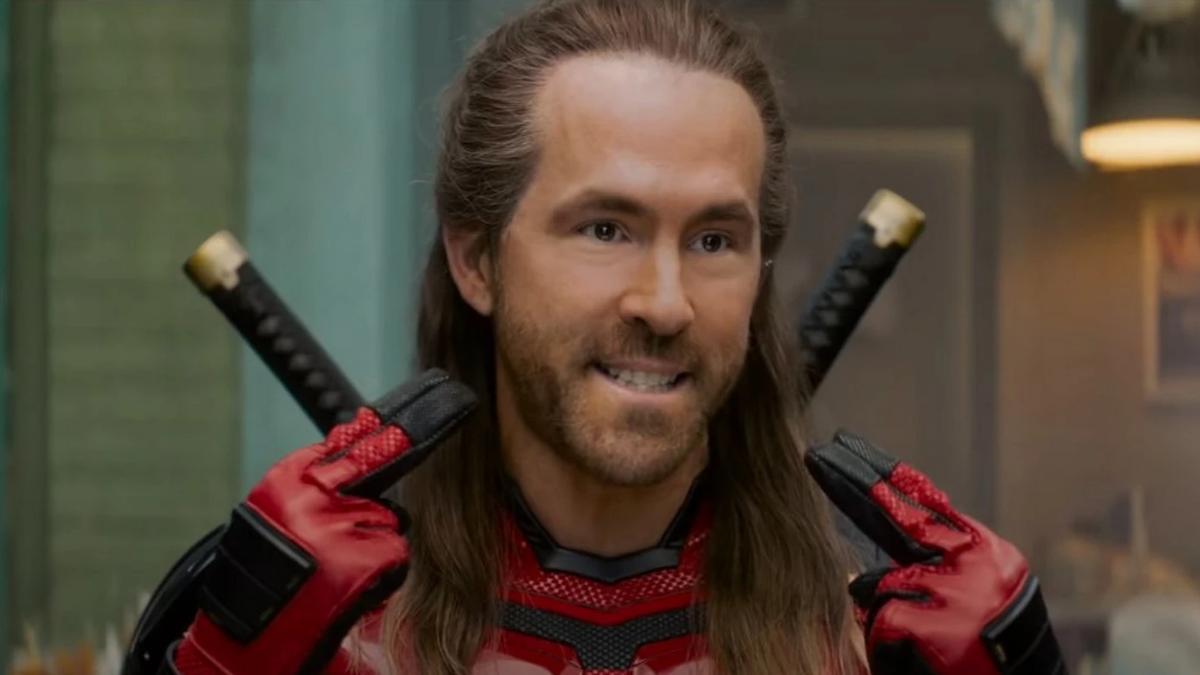
Salim Khan and Javed Akhtar – a name that instantly resonates with every Bollywood aficionado. The legendary duo has penned some of the most iconic films in Hindi cinema. Everyone has their favorite Salim-Javed film, even Namrata Rao, the esteemed editor-turned-director who helmed the docu-series “Angry Young Men.” Rao’s personal favorites are “Deewar” (1975) and “Shakti” (1982), although picking just one favorite seems an impossible task amongst their 22 blockbusters.
Namrata Rao, known for her prowess as one of the film industry’s most successful editors, has embarked on a journey to revive the glorious era of Bollywood scripted by Salim Khan and Javed Akhtar. The Prime Video docu-series took three years of meticulous effort, inspired initially by Zoya Akhtar, Rao’s collaborator on projects like “Lust Stories” (2018) and Gully Boy’s (2019) soundtracks. Namrata recalls, “I was editing Lust Stories with Zoya when she shared the idea with me. By December 2020, she asked if I wanted to direct it, and I was immediately captivated.”
Charting a career that spans over 15 years of collaboration between the stalwarts, the docu-series unearths gems like “Sholay” (1975), “Don” (1978), and “Trishul” (1978). But how does one begin to make sense of such a vast repertoire of work? “We started with a chronological chart,” Rao explains. “The first step was to delve into the public anecdotes of Salim and Javed’s lives. Understanding their process, the unique things they did together, and how they eventually parted ways was crucial. But as we conducted interviews, the narrative evolved. Tapping into their personalities became central—they are incredibly cool, and they dreamt big and made it happen. Javed saab’s approach was always optimistic, as he put it, ‘I always thought this could go in my biography.’ Observing their journey from youthful photos to their latest photoshoot was remarkable.”
The docu-series has been lauded for staying true to its subjects. It does not glorify but rather offers a candid portrayal. “They embody wisdom about success and failure and what it means as you age. Their storytelling prowess surpasses ours. I recall a scene where Javed saab gets emotional over his breakfast, then quickly lightens the mood by saying, ‘Achcha, abhi aapko shot mil gaya mere rone ka,’” shares Rao.
. Another notable moment was Salim sir discussing his mother, revealing the vulnerabilities of this otherwise tough man. They own their lives, their successes, and their failures, unabashedly embracing even their mistakes. Discussions on pivotal films like “Sholay” (1975) unearthed intriguing insights, such as the portrayal of a remarriage for a widow without giving her a happy ending. They emphasized the importance of introducing ideas gradually for normalization.
The docu-series was no small feat, involving over 80 interviews with industry giants—from Amitabh Bachchan to Karan Johar, Salman Khan, and Farhan and Zoya Akhtar—resulting in 800 hours of footage. Despite this, Rao stayed true to the story rather than her preferences. A common critique is that “Angry Young Men” may not offer much new information for those already familiar with Salim and Javed. However, Rao asserts, “The story represents them. Their candidness revealed their mantra: bolo yaar, aage dekha jaayega.’ It’s a testament to their unique confidence and belief, regardless of outcomes, which truly inspired me.”
The interview concludes with two significant questions. Why did she choose not to show Salim and Javed together? “That was the plan from the start,” Rao reveals. “We began during the pandemic when movement was restricted. It wasn’t easy to film two people of their age concurrently. We developed a pattern and I enjoyed capturing them in their own spaces. Our final shoot involved photographing them at Shivaji Park during Diwali lighting, at Raj Thackeray’s house.”
Lastly, we wondered if the last promised script from Salim-Javed would ever materialize. “Everyone at the première kept asking that. While I can’t confirm any immediate plans, these men are known for their unpredictability. They might surprise us by reuniting someday.”










